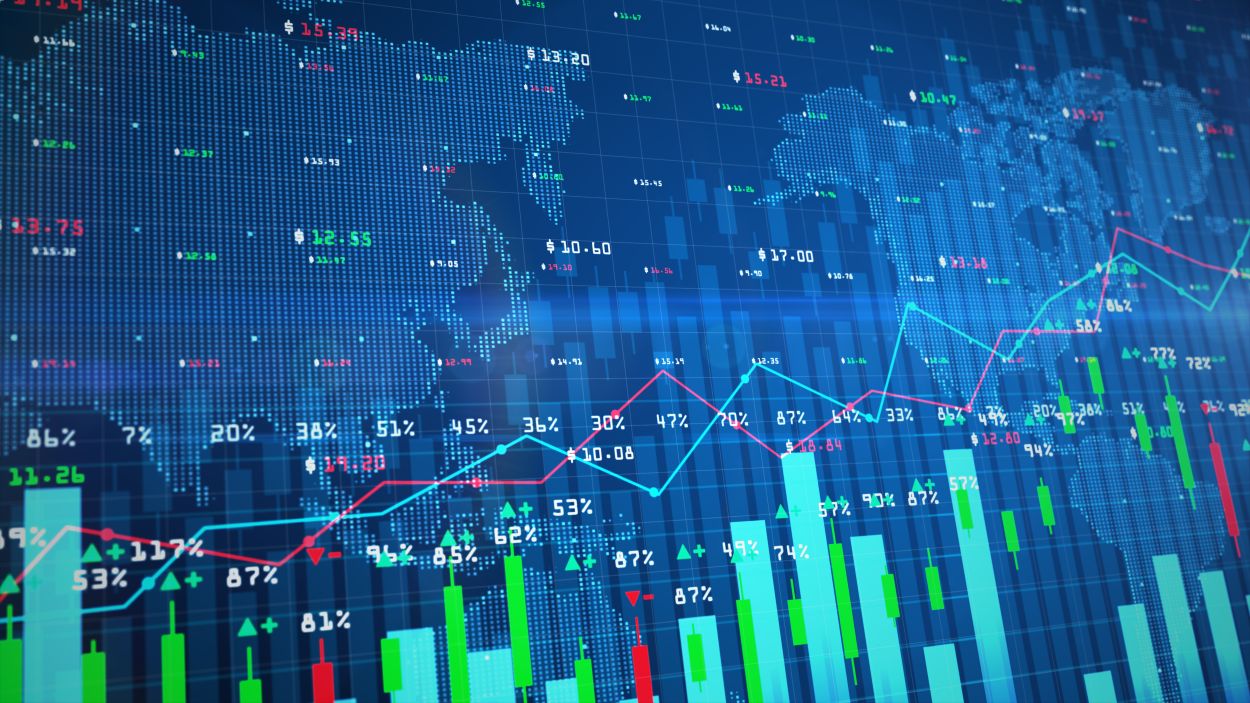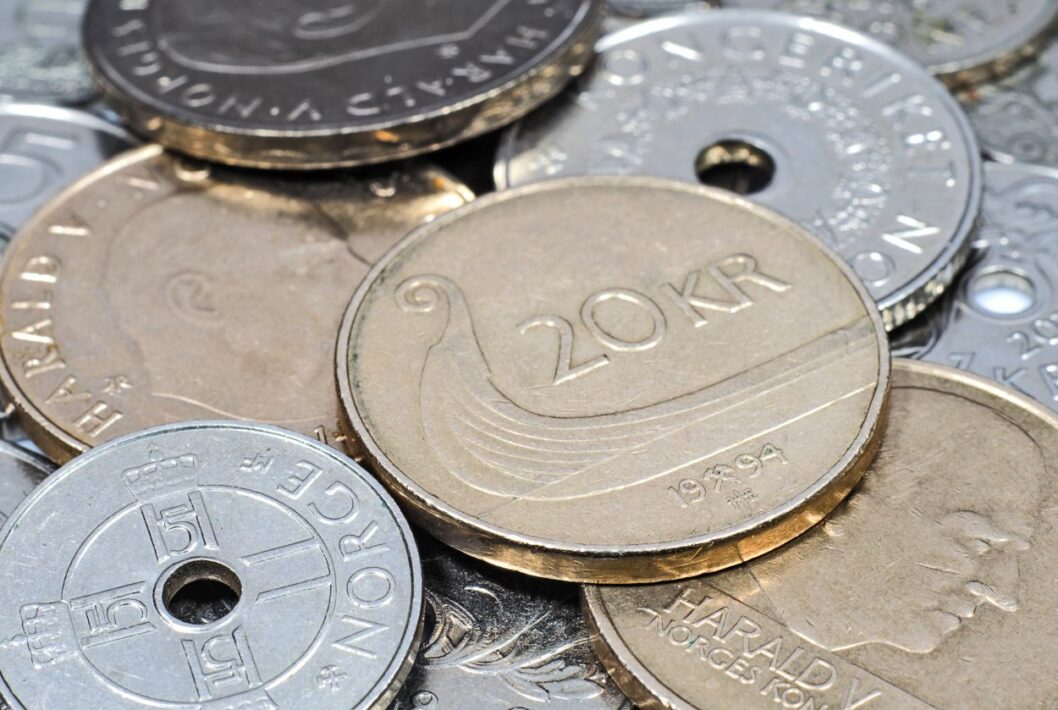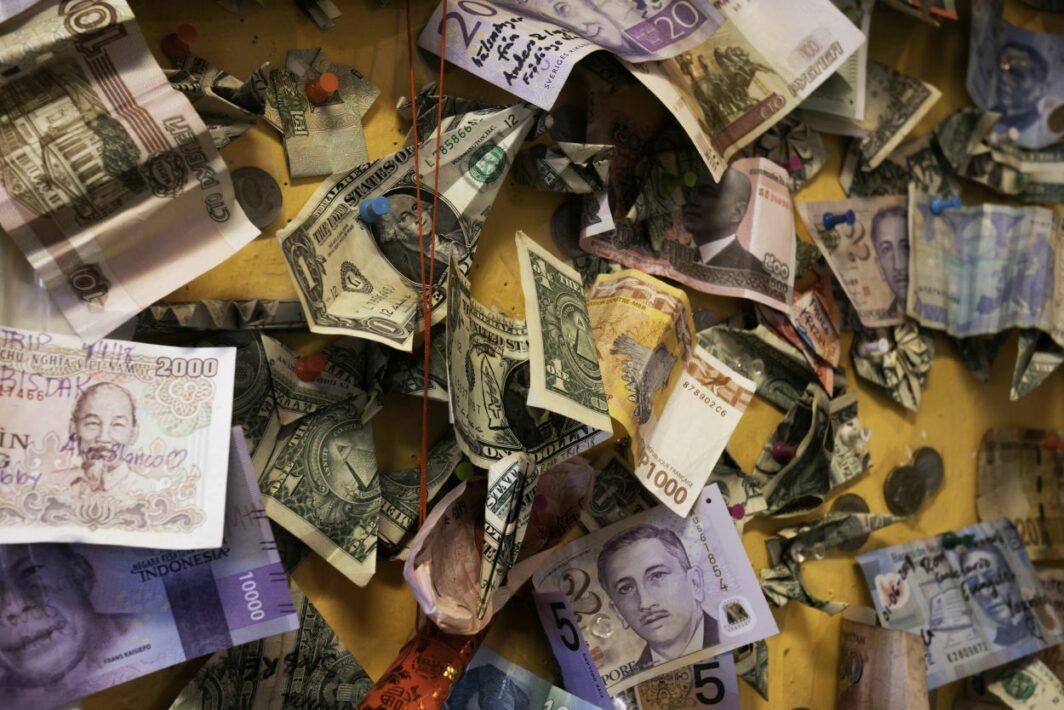Capital food manufacturers increased their production by 8.2% in 2021. This was reported on the official website of the mayor of Moscow.
„In 2021, the capital’s food producers increased their production by 8.2%, and compared to 2019 – by 41%,” the report says.
There are 240 food producers operating in the city. “The growth was due to the positive dynamics of the output of semi-finished meat products, bakery and confectionery products, as well as cheese and fish products. The volume of shipped products of the food sector last year amounted to 540 billion rubles, which is 15.7% more than in 2020, and 42% higher than in 2019,” Moscow Deputy Mayor Vladimir Yefimov said in the message.
Last year, industrialists produced about 317 thousand tons of bakery products, which is 17.4% more than in 2020 and 7% more than in 2019. Nearly 95 thousand tons of semi-finished meat products were also produced, which is 4.6% more than in 2020 and 23% more than in 2019. The output of cheese and cottage cheese increased by 2.1% compared to 2020 and exceeded 45 thousand tons.
“The city provides all-round support to the capital’s producers, including the food industry – these are 240 enterprises and over 50 thousand employees. For example, in 2021, eight subsidy agreements were concluded with food industry enterprises for a total of 107.6 million rubles. Also among the support measures is the assignment of the status of an industrial complex to the enterprise, which provides a significant reduction in the tax burden. Today, 23 food industry enterprises have it, last year they managed to save more than 500 million rubles on taxes,” Alexander Prokhorov, head of the city’s investment and industrial policy department, is quoted in the message.
In addition, since 2020, the city has approved five preferential loans for the total amount of 600 million rubles to enterprises in the industry, which can be used to modernize production, including the introduction of IT solutions and the development of exports.




